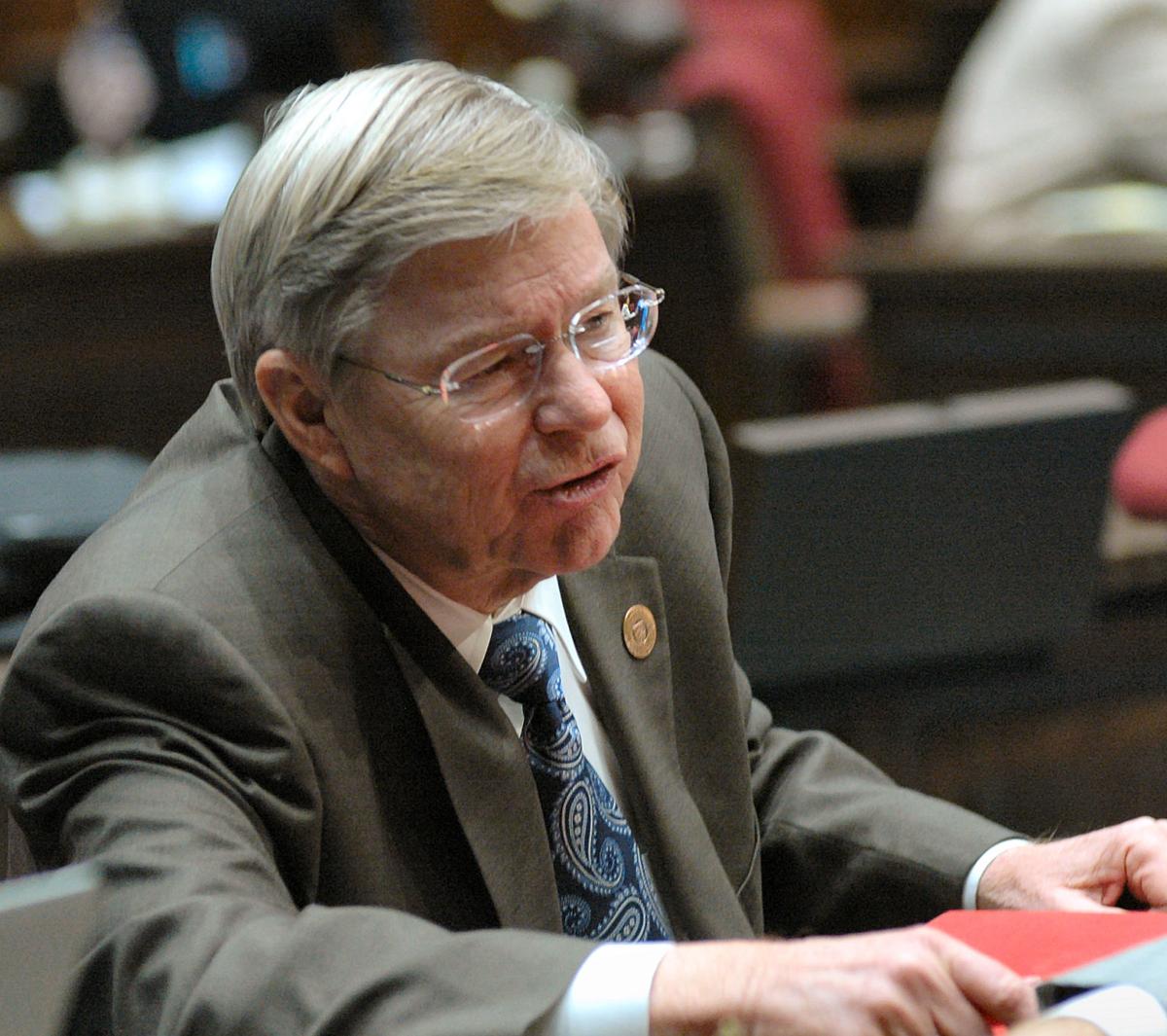PHOENIX — Republican lawmakers are considering another measure aimed at the initiative process through which Arizonans can propose their own laws.
The proposal up for debate Wednesday, March 29, would subject initiative organizers to $1,000-an-incident fines for violations of law committed by anyone they hire, or any workers of firms they hire, to collect signatures.
Legislation signed last week by Gov. Doug Ducey banned paying petition circulators by the signature.
Circulators can still be paid by the hour or some other basis. Not a single measure has qualified for the ballot in at least three decades without some use of paid circulators.
Sandy Bahr of the Sierra Club, which has been involved in several prior initiatives, said new financial penalties would provide yet another deterrent to going to the streets with ballot measures. The result, she said, is some organizations will simply choose not to get involved with initiatives.
SB 1236, which will be heard by the House Appropriations Committee, also would require that any print advertising for initiatives include a statement that, if enacted, an initiative cannot be repealed or altered by lawmakers but instead must be referred back to the voters.
Rep. Ken Clark, D-Phoenix, said that wording, while accurate, is clearly designed to deter voters from supporting a measure.
The Senate Appropriations Committee voted 6-4 Tuesday along party lines for another measure aimed at keeping some measures off the ballot.
HB 2244 would require courts to block future initiatives if organizers have not strictly complied with each provision of state election laws, whether because of missing words, misfiled documents or improper page margins. That would overturn at least three prior appellate court rulings that courts should determine the intent of the organizers and signers and allow a vote to proceed if there is “substantial compliance” with election laws.
Sara Agne, attorney for the Arizona Chamber of Commerce and Industry, testified there’s a reason to require strict compliance.
“The initiative process is lawmaking,” said Agne, whose client opposed the successful effort last year to increase the minimum wage.
But Sen. Steve Farley, D-Tucson, chastised colleagues for erecting new hurdles to the constitutional right of people, which has existed since the first days of statehood, to propose their own laws when the Legislature refuses to act.
“Arizona was founded by a bunch of independent people who wanted to have the authority to call the government on their B.S. when they decided it was necessary,” he said.
That measure now goes to the full Senate.
The ideas for new restrictions on the initiative process originate with Rep. Vince Leach, R-Tucson.
“The (Arizona) Constitution says that laws will be passed to protect the purity of the ballot,” he said. “That’s my driving factor.”
Leach did not dispute that the changes he is pushing will make it more difficult to use paid circulators, both because of the ban on per-signature contracts as well as making initiative organizers financially liable for the acts of circulators.
But Leach said there’s always the opportunity to use volunteers, even though that hasn’t occurred in recent history.
Proposing a new state law requires signatures equal to one out of every 10 people who voted in the last gubernatorial race. That figure is currently 150,642; with the normal rate of signatures that are found to be invalid, circulators really need to turn in closer to 225,000.
A constitutional amendment needs 15 percent of those who voted last time, or at least 225,963 valid signatures, to qualify for the ballot.
Leach said voters who think legislators are unresponsive always have “recourse,” including electing someone else every two years and, if they’re unwilling to wait that long, mounting a recall.





